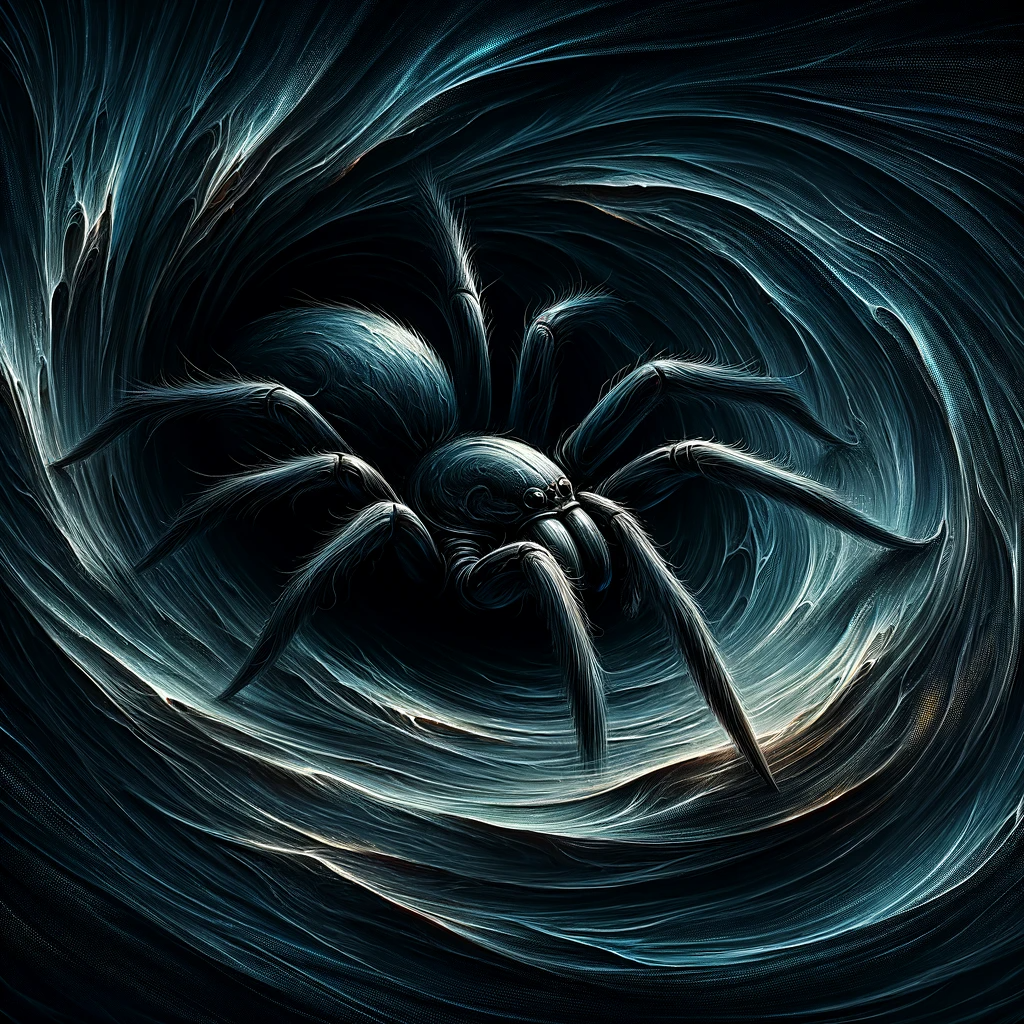
The spider deity Nareau holds a significant place in the mythology of Kiribati, an island nation in the central Pacific Ocean. This deity is central to the creation myths and cosmological narratives of the I-Kiribati people, offering a unique insight into their understanding of the world and the origins of life.
Origins and Significance
Nareau, often depicted or imagined as a spider, is a key figure in Kiribati mythology. In these narratives, Nareau is portrayed as a creator deity, responsible for the formation of the islands, the sea, and all life forms. This portrayal underscores the importance of the natural world in I-Kiribati culture, reflecting a deep respect and understanding of the environment in which they live.
Creation Myths
In one prominent creation story, Nareau the spider emerges from the void or Te Bino, which translates to “the darkness.” From this nothingness, Nareau begins the process of creation, weaving the fabric of the universe in a manner akin to a spider weaving its web. This act of creation is often seen as a metaphor for the interconnectedness of all things, emphasizing the idea that every element of the world is related and interdependent.
Cultural Impact
The stories of Nareau have been passed down through generations, serving as a cornerstone of I-Kiribati oral traditions. These myths are more than just stories; they embody the values, beliefs, and worldview of the I-Kiribati people. Understanding these tales provides valuable insights into how the community perceives its relationship with the natural world, the spirit realm, and the cosmos at large.
Modern Interpretations
In contemporary times, Nareau’s mythology continues to influence the cultural and spiritual life of Kiribati. The deity’s stories are often invoked in ceremonies, art, and music, serving as a reminder of the nation’s rich heritage and the enduring power of its ancestral narratives.
Environmental Significance
In the face of modern environmental challenges, such as climate change and rising sea levels, which pose a significant threat to low-lying island nations like Kiribati, the myth of Nareau takes on new relevance. It serves as a symbol of resilience and the need to maintain harmony with the natural world.
Conclusion
Nareau, the spider deity of Kiribati mythology, is more than just a figure of ancient tales. It represents the essence of I-Kiribati identity, embodying the principles of creation, interconnectedness, and respect for nature. As Kiribati confronts the challenges of the 21st century, the teachings and symbolism of Nareau continue to offer guidance and inspiration, linking the past, present, and future in a timeless web of cultural significance.
